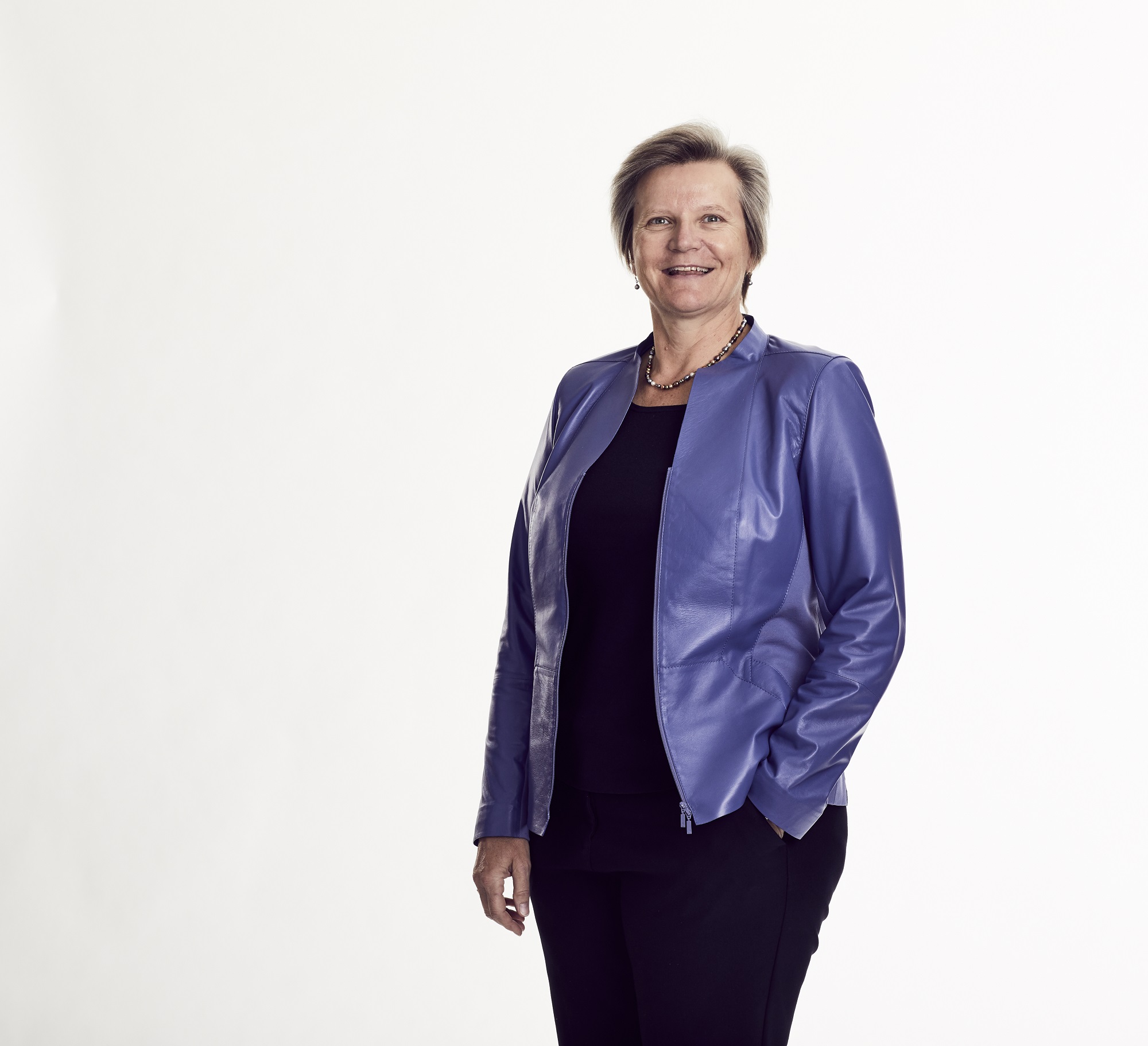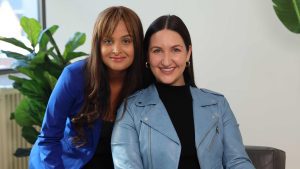From startups to restaurants to high-tech corporations, women are taking the business world by storm and leaving their mark. This week, we speak to IBM’s Chief Technology Officer and Distinguished Engineer Charlotte Wang about success in male-dominated industries.
Charlotte—pronounced “shar-lotta”—Wang was inspired by her multi-generational Norwegian seafaring family to join the military’s naval reserve. Serving her country on the seas was in her blood and Wang proudly worked in the only female cohort of her time with a “ten to one” ratio of men to women (however, everyone was treated without bias). Wang set sail at only 18 years old, learning how to operate in an engine room and exercise her skills as a diesel mechanic.
After excelling in the naval reserve for 22 years, Wang pursued a career in technology. Currently, Wang works as the Chief Technical Officer and is a Distinguished Engineer at International Business Machines Corporation (IBM). Wang leads a career in automation solutions and hybrid cloud architecture systems integration. In layman’s terms, Wang and her team helps monitor and manage servers, building a platform, virtualization, and operating system. The decision to automate it was a result of the sequence and series of actions that had to happen every time a server is built. What used to take three weeks to build a server, can now be done in 48 minutes.
“As a technical executive and as a manager, one of the key things I do as part of fostering and developing technical talent—whether they’re men or women,” Wang says. One of IBM’s biggest initiatives is promoting reintegrating mothers who have been on leave to raise a family, back into the workforce.
As a great supporter of women in tech, Wang says “if your daughter exemplifies or exhibit a kind of curiosity” in STEM, get involved with organizations like Girls Who Code, which Wang contributes to, as well as STEM events.
“It’s about spreading the word because you’ve got to demystify [girls] pursuing technical type careers or technical professions. They don’t need to be as daunting,” Wang explains.
Here, a conversation with Wang.
Which experiences resulted in your engineering pursuit?
At a very young age, I was always fascinated about how things worked and how things came together mechanically. I had sort of a natural aptitude for wanting to repair or fix things. I was an operator, in terms of learning and understanding how things work.
When I look at myself in terms of who I am and my DNA, I’ve been able to carry that curiosity and that analytical ability right through my whole career. Pragmatic operationalist I think would be the best way to describe it.
How did you come out of the naval reserve a different woman compared to when you first entered?
I think for me, lifelong learning is respecting culture and diversity, and not everybody is going to approach a problem the same way as you. Being thrown together in a highly stressful situation with a bunch of people that you don’t naturally know—you fall back on your training, but you also can observe how other people approach problem-solving.
Also, I truly believe the relationships and friendships I made—being able to rely on people to have security and foundation—in the naval reserve allowed me exactly to foster and develop those trusted relationships with both my customers and IBM.
In your experience, do female engineers bring a different perspective/creativity to the tech industry?
They do. The hallmark of female engineers is we don’t tend to rely on a theoretical application. That may not be a female thing but maybe being in the field versus academic.
I think sometimes women don’t take enough credit for their engagement or contribution, so success is shared.
There is a huge value in diversity of thought. When you have a diversity of thought—and not just in gender but in all areas—businesses can be more competitive and more innovative. By bringing more women to the table, you’re solving a business problem.
What has been the most important lesson from living authentically and living your honest truth?
Being gay and in the closet for a large part of my career meant I was spending a lot of energy and time hiding or deflecting against who my authentic self was.
The biggest lesson I learned was once I could be my authentic self, I had a renewed energy—I didn’t have to spend all that time hiding. I could direct that to be productive and solve problems for my customers and IBM. That was the big eye-opener.








